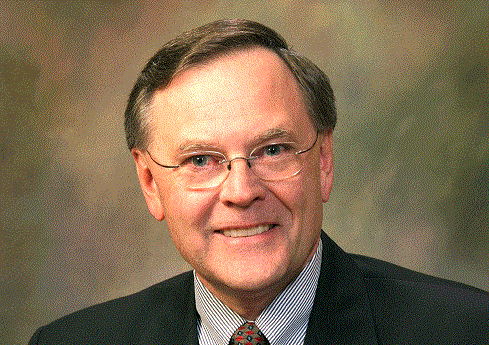The new executive-in-residence at University of New Brunswick teaches his students more than how to develop, fund and sell a product.
David Wagner can also teach them the importance of luck and timing, and that sometimes they go against you.
For almost 10 years until October 2015, Wagner was President and CEO of Fredericton-based Atlantic Hydrogen Inc., a company that developed the CarbonSaver technology that removes carbon from natural gas and produces a low CO2 hydrogen.
Under his leadership, AHI raised $50 million from private and public sources including Emera, Shell, Encana, and federal and provincial governments.
But the company ran out of money and declared voluntary bankruptcy last September.
Read our Report on the R3 Gallery in Fredericton
For Wagner and the other staff it’s been tough accepting that conclusion, although most have now found new work in the Fredericton area.
“It was difficult through the bankruptcy process, the liquidation of assets, seeing the company dismantled,” Wagner said. “Everything we’d built over 14 years is gone.
“I’m proud of all we did at AHI. We didn’t fail, we just ran out of money. We raised $50 million over my 10 years and we spent $50 million. Some have said we could have expected to spend $100 million when developing game-changing technology.”
Wagner said the experience has highlighted the importance of providing startups with continuing funds as they develop.
He said the company’s fund-raising efforts were hampered by the downturn in the energy sector, and New Brunswick’s recent change of government.
“We got caught in a funnel of downward motion … ” he said. “… The new government’s timing to decide and our ability to hang on didn’t equate.”
He said it took 10 years to get to the stage of commercial development, but without sustained money they couldn’t finish the job.
“People see you’re a 10-year-old startup with no revenue, and they wonder why.
“At AHI we had a lot of success. We wouldn’t have got where we did without the support of our 47 shareholders and government at all levels.
“But when a company gets to a certain point you’re old news. People wonder, do I keep putting money into that company or put investment somewhere else?”
Wagner, who was raised in Cape Breton, had an international career with Unisys Corporation, including six years as the CEO of Unisys Canada.
He said Canada should increase its investments in innovation and the commercialization of university research.
“Government has a role to play in the very early stages when the risk is high. You can’t expect private investors to take all that risk. They can get burned — either the companies don’t work or they get diluted by later rounds of financing.”
Red tape is a problem, he said.
“Currently, the bureaucracy involved in getting and maintaining funding make it hard to explain that what you said three years ago in your proposal has changed and you now need to do something differently to meet market demands.”
In his new role, Wagner is the battle-scarred veteran. He is happy to bring his experience to University of New Brunswick’s Technology, Management and Entrepreneurship (TME) program.
“Dhirendra Shukla (the program head since 2009) has taken TME to another level. Dhirendra looked at some of the best programs around the world and said, ‘Why can’t we model our program on those?’
“Students create a product or service, create a company and raise funds for it.
“Some of the companies, such as Smartskin and Castaway Golf are succeeding. Students see this and are inspired.”
As AHI is wound up, ownership of the company’s intellectual property is being decided.
Wagner said there is no similar technology on the market.
“No one else got as far as we did. Time will tell if it does work out. It may be picked up … Hopefully someone will advance the technology.
“The main take-away is that we succeeded in many ways that are good for the region. We developed knowledge and the brains we need to keep in the region.”










